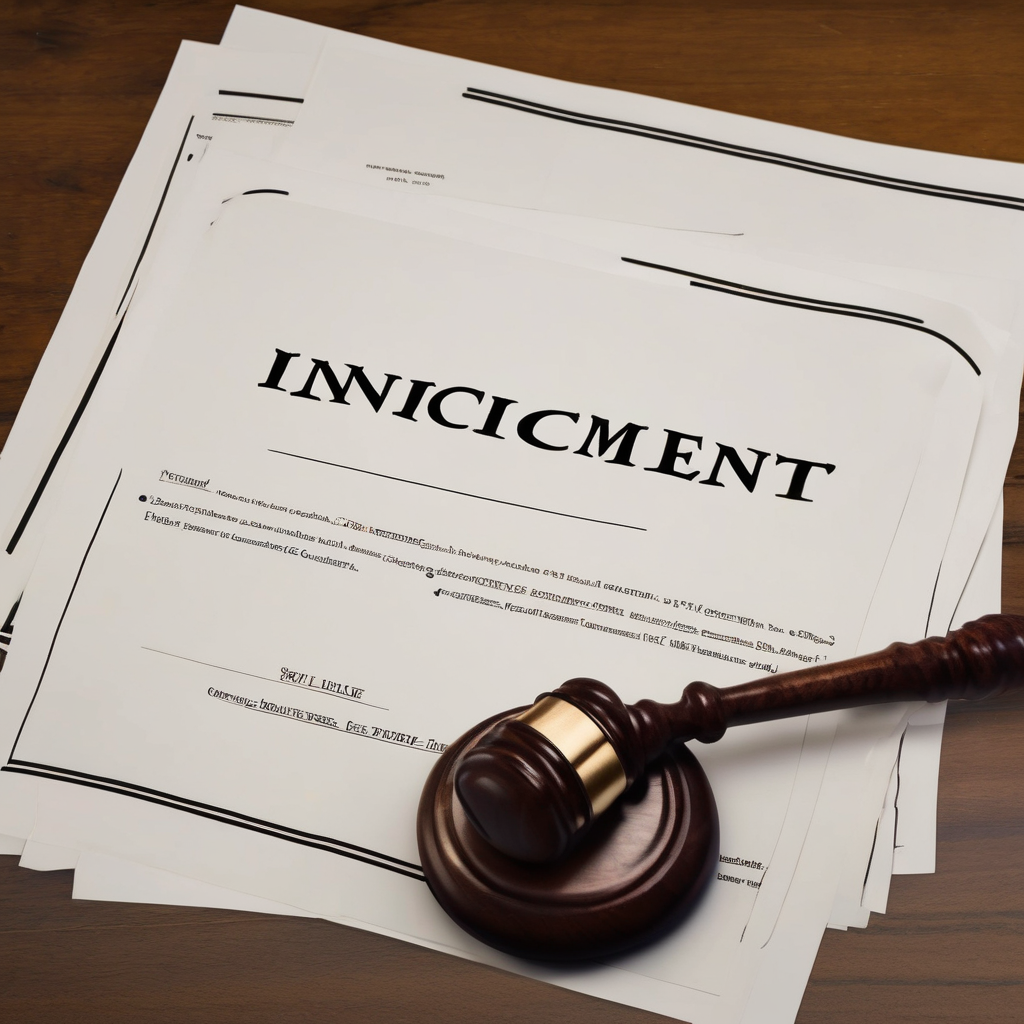On September 28, 2025, the U.S. District Court for the Eastern District of Virginia in Alexandria will be a focal point for recent high-profile indictments. Former FBI Director James Comey has been indicted by a grand jury on charges of obstruction and making false statements during his 2020 congressional testimony. Comey is set to appear for arraignment at the courthouse on Thursday, October 9, 2025.
The backdrop of this legal turmoil reflects growing concerns about the politicization of the Justice Department under the influence of former President Donald Trump. Recently, two experienced federal prosecutors, Elizabeth Yusi and her deputy Kristin G. Bird, were dismissed after they declined to bring charges against New York Attorney General Letitia James. Yusi reportedly informed colleagues that she found “no probable cause” for an indictment, despite Trump’s repeated demands for legal action against James due to her inquiries into his business practices.
Just before the dismissals, Lindsey Halligan, Trump’s former personal lawyer, secured an indictment against James, alleging mortgage fraud related to a property in Norfolk, Virginia. James has strongly criticized this legal move as a politically motivated attack.
These firings echo the resignation of Erik S. Siebert, Halligan’s predecessor, who also left under pressure after refusing to prosecute Comey. Halligan managed to persuade a grand jury regarding Comey’s allegations, leading to the indictment. Both Comey and James maintain that they have committed no wrongdoing.
The Eastern District of Virginia, once regarded as one of the United States’ most respected federal prosecutorial offices, has seen significant disruptions recently, with key personnel departures and firings that reveal an uncomfortable alignment with the current political climate. Other notable exits include Maya Song, the former first assistant U.S. attorney, and her successor, Maggie Cleary, both of whom voiced concerns over the direction of the office.
The Justice Department has remained silent on these recent resignations and dismissals, which some critics view as a troubling sign of the deterioration of prosecutorial independence—an essential safeguard against presidential overreach.
Trump continues to express his frustrations publicly, suggesting that his adversaries should be held accountable. His remarks have aimed at Attorney General Pam Bondi, criticizing her perceived inaction regarding those he considers guilty. The increasing tensions raise questions about the integrity of justice and whether political influence will overshadow the judicial process.
While the landscape is undoubtedly challenging, there is hope that the enduring principles of fairness and impartiality within the Justice Department will persist despite the pressures exerted from political entities. As this situation unfolds, the American public is compelled to reflect on the importance of maintaining an independent judiciary as a cornerstone of democracy.
